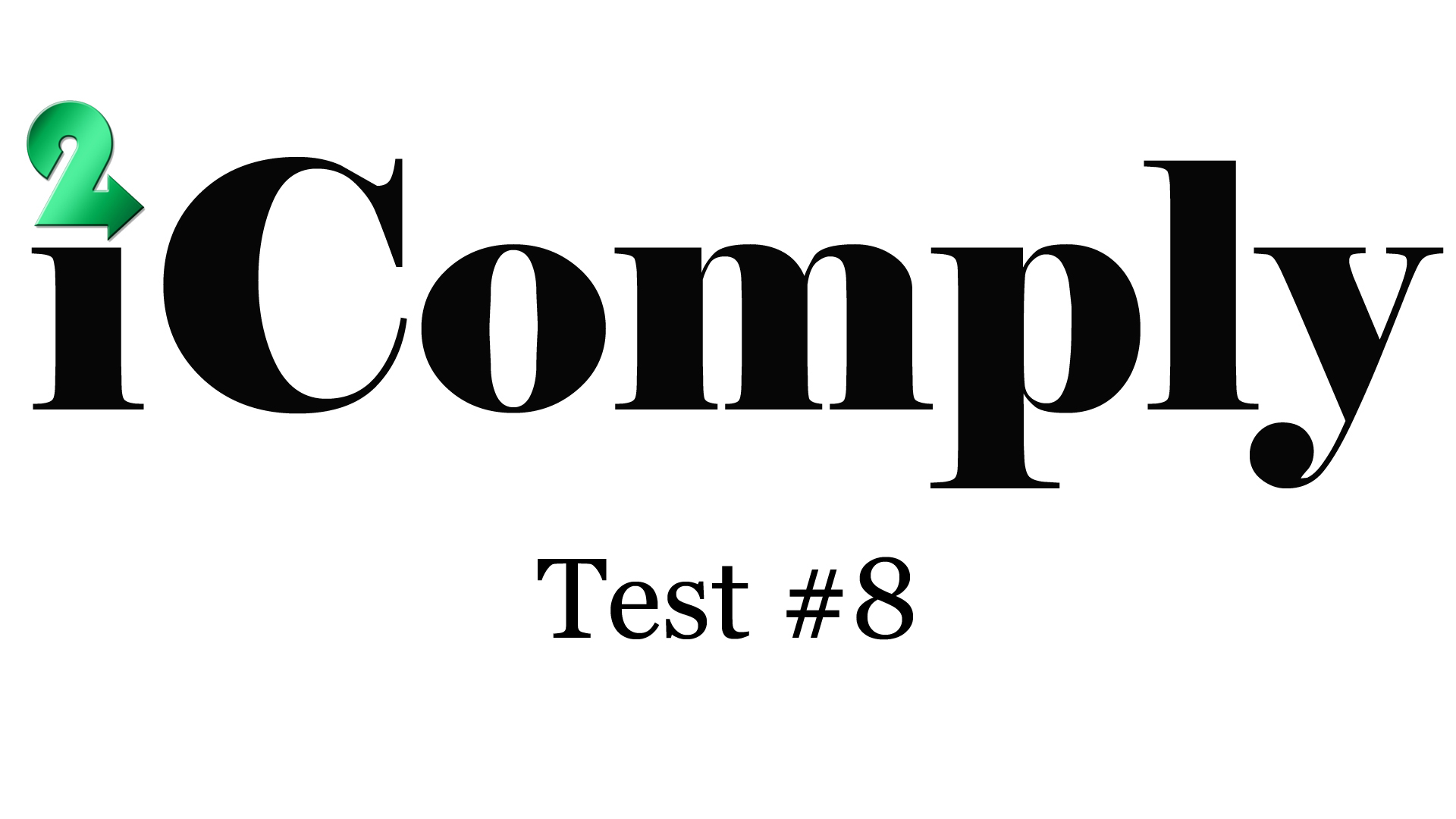0 of 10 questions completed Questions:
Good Luck!
You have already completed the quiz before. Hence you can not start it again.
Quiz is loading...
You must sign in or sign up to start the quiz.
You have to finish following quiz, to start this quiz:
0 of 10 questions answered correctly
Time has elapsed
You have reached 0 of 0 points, (0) Congratulations you have completed the quiz! After reviewing your results; CLICK HERE TO RETURN TO THE iComply Page! The debt collector may NOT disclose information concerning the debt to which third party without the consumer’s consent: The correct answer is (e). The spouse is the only third party that a debt collector may disclose information about the debt to, without prior consent from the consumer. The correct answer is (e). The spouse is the only third party that a debt collector may disclose information about the debt to, without prior consent from the consumer. According to the FDCPA, a debtor may dispute a debt: The correct answer is (d). All the above options are valid methods of disputing a debt under the FDCPA. The correct answer is (d). All the above options are valid methods of disputing a debt under the FDCPA. When can an attorney have the debtor served at his/her place of employment? The correct answer is (e). Service at the debtor’s residence must come before service at the place of employment. Both ‘b’ and ‘d’ must happen before taking this next step. The correct answer is (e). Service at the debtor’s residence must come before service at the place of employment. Both ‘b’ and ‘d’ must happen before taking this next step. The IT Manager of a Collection Agency is NOT considered to be a debt collector under the FDCPA. The correct answer is (F). Anyone who is an employee of a debt collection agency is considered a debt collector under the FDCPA. The correct answer is (F). Anyone who is an employee of a debt collection agency is considered a debt collector under the FDCPA. According to the FDCPA, a debtor may not use abusive or obscene language. The correct answer is (F). Debtor conduct is not regulated by the FDCPA. The correct answer is (F). Debtor conduct is not regulated by the FDCPA. A collector who is provoked into saying something harassing by a debtor is not responsible for his/her actions under the FDCPA. The correct answer is (F). There are no provocation exceptions to personal responsibility for violations of the FDCPA. The correct answer is (F). There are no provocation exceptions to personal responsibility for violations of the FDCPA. Under the FDCPA, a communication is defined as the conveying of information regarding a debt directly or indirectly through any medium. The correct answer is (T). This is a true statement. The correct answer is (T). This is a true statement. Within five (5) days after the initial communication with a debtor in connection with a debt, a validation notice must be sent to the debtor. The correct answer is (T). This is a true statement. The correct answer is (T). This is a true statement. After putting the debtor on a Legal Payment Plan with an account in the post judgment status, it is ok to simultaneously execute on the judgment using post judgment remedies (ie. Garnishments, Levies). The correct answer is (F). Agreeing to put the debtor on a post judgment payment plan is done in good faith, therefore as long as the debtor meets their end of the agreement, no further action can be taken on the debtor’s account. The correct answer is (F). Agreeing to put the debtor on a post judgment payment plan is done in good faith, therefore as long as the debtor meets their end of the agreement, no further action can be taken on the debtor’s account. The debtor is legally responsible for the court filing fee at time of filing of the law suit. The correct answer is (F). Court filing fees paid by the original creditor are not legally owed until they are court costs awarded in a judgment. The correct answer is (F). Court filing fees paid by the original creditor are not legally owed until they are court costs awarded in a judgment.Quiz-summary
Information
 We hope you’re ready to start testing your compliance knowledge with our iComply feature! Each test is 10 questions long, you can take as long as you’d like, but we recommend taking your time and thinking through each question. Remember, the goal is to take as many tests and learn from them, not just to get them all right. There will be a mix of Multiple Choice questions and True or False questions. After each question you will see the correct answers along with the reason why that choice was the best one. Each time you take a test it will help you increase your 2Score, so take them seriously!
We hope you’re ready to start testing your compliance knowledge with our iComply feature! Each test is 10 questions long, you can take as long as you’d like, but we recommend taking your time and thinking through each question. Remember, the goal is to take as many tests and learn from them, not just to get them all right. There will be a mix of Multiple Choice questions and True or False questions. After each question you will see the correct answers along with the reason why that choice was the best one. Each time you take a test it will help you increase your 2Score, so take them seriously!Results
Average score
Your score
Categories
1. Question
2. Question
3. Question
4. Question
5. Question
6. Question
7. Question
8. Question
9. Question
10. Question